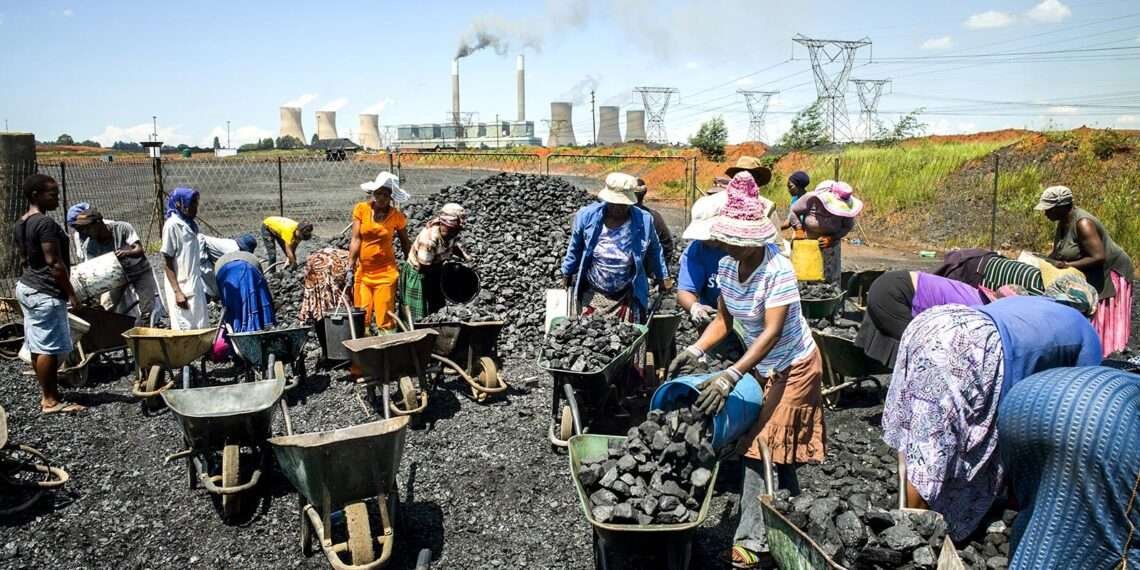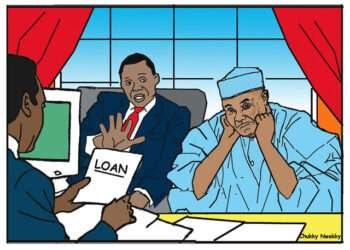Africa is a walking paradox. A land teeming with abundance, blessed with every natural resource imaginable, yet mired in the depths of poverty, corruption, conflict, economic mismanagement, and any human suffering imaginable. What went wrong?
Discussing Africa’s natural and human resource potential has become a cliche however it is worth mentioning to put things in context.
From the outside, it’s easy to marvel at the sheer magnitude of Africa’s natural riches.
The continent’s mineral wealth, constituting approximately 30% of the world’s remaining reserves, serves as a cornerstone for various industries around the globe.
Beyond minerals, Africa’s oil and gas reserves, particularly in Nigeria, Angola, and Algeria, fuel both energy production and economic expansion on a global scale.
Yet, Africa’s riches extend beyond the depths of its mines and oil wells. Its lush tropical forests, second only to the Amazon, provide timber and ecosystem services vital for environmental stability.
Moreover, the continent’s fisheries, contributing USD 24 billion to its economy, support livelihoods and ensure food security for millions.
But it’s not just about what lies beneath or within Africa’s surface; it’s also about the land itself. With the world’s largest arable land area, Africa holds the potential to become an agricultural powerhouse.
Adding to Africa’s potential is its youthful population, with a median age of approximately 20 years. Nearly a billion people in Africa were under 35 in 2020, making it the youngest continent globally.
This demographic dynamism not only shapes Africa’s cultural landscape but also presents unparalleled opportunities for innovation, entrepreneurship, and societal advancement.
How did a place so rich in potential become synonymous with despair and destitution? The answer lies not in its geography or its resources, but rather in the value system and choices made by its people and leaders.
Another cause of Africa’s plight can be traced back to a fundamental failure of leadership and a pervasive lack of accountability. For decades, its rulers have prioritized self-interest over the common good, lining their pockets at the expense of the nation’s prosperity. Meanwhile, the people of Africa have borne the brunt of this betrayal, trapped in a cycle of poverty and despair from which escape seems increasingly elusive.
But the blame does not rest solely on the shoulders of its leaders. The citizens must also shoulder their share of responsibility for the state of Africa. Whether through complacency, complicity, or outright apathy, they have allowed the rot to rage unchecked.
In Africa, economic mismanagement has been a recurring theme that has cast a long shadow over the continent’s development prospects.
Decades of misguided policies have culminated in a landscape where the cost of living is ever-increasing, and inflation becomes a constant specter haunting the populace.
Governments have often failed to implement effective fiscal policies, opting instead for short-term fixes that exacerbate existing problems.
Increasing Migration To Seek Greener Pastures
The sad reality is that those who can’t bear the brunt of the economic hardship turn to migrate to seek greener pastures in Europe, America, or elsewhere.
According to data published by the Africa Center for Strategic Studies on December 17, 2021, “Among African migrants who have moved off the continent—some 11 million live in Europe, almost 5 million in the Middle East, and more than 3 million in Northern America.”
President Nana Addo Dankwa Akufo-Addo said these on his Facebook page after addressing the Full Circle Africa Economic Conference, held in Accra on Thursday, December 28, “We must help make Africa the place for investment, progress, and prosperity, and not from where our youth flee in the hope of accessing the mirage of a better life in Europe or the Americas.”
In a recent development in Ghana, road commuters are expected to witness some price adjustments in fares from Thursday, March 7, 2024. This comes after the Transport Operators Union and the Concerned Drivers Association of Ghana announced a hike in transport fares by about 30 percent.
The ripple effect of this decision can’t be overemphasized. What it means for the ordinary Ghanaian is a higher cost of living. This reality is not peculiar to Ghana but to the entire Africa.
So, how can individuals navigate the temptation not to leave or migrate for a ‘mirage’ when they perceive a lack of opportunity or a bleak future on the continent?





















